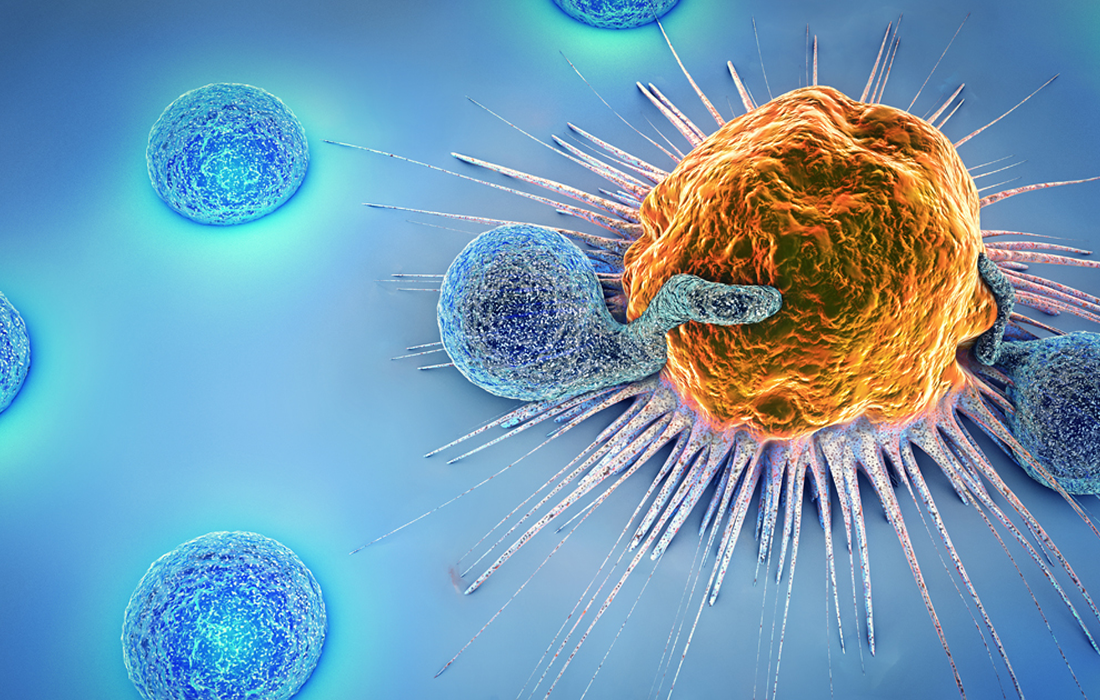Regenerative Medicine News and General Information
New Study Finds Immune System Responds to mRNA Treatment for Cancer
The term messenger RNA has become familiar by the general public during the COVID-19 pandemic due to the development of the Pfizer and Moderna vaccines, which work by instructing cells in the body how to make a protein that triggers the immune response against the SARS-CoV-2 virus.
However, the technology behind these vaccines has been in development for many years. One of the major obstacles in cancer treatment is the low response rates in patients who receive immune checkpoint inhibitors to prevent an immune response from being detrimental for the healthy cells in the body.
Cytotoxic CD8+ cells (CTLs) are a crucial component of the immune system. They are capable of specifically targeting and eliminating malignant tumor cells throughout the body. To do this, CTLs are first primed by antigen-presenting cells in the lymphoid tissue and then traffic to the tumor site where they encounter their cognate antigen on the tumor cell itself.
New Research Study Findings
A team of researchers recently published their study in the journal Cancer Immunology Research, a journal of the American Association of Cancer Research, in which they introduced mRNA, with NKG7, a transmembrane protein, in immune cells to produce useful proteins to improve their antitumor activity without attempting to change the genome itself.
They developed a monoclonal antibody that can detect the protein levels in tumor tissues, with the goal being to determine whether certain patients may have appropriate protein levels in the tumor-reactive immune cells as a potential biomarker for this therapeutic intervention.
After doing so, the researchers used a technology that makes a mRNA-based change of primary immune cells possible and identified the target gene in single-cell RNA-sequencing datasets. Then they performed a functional test to validate the role of the target gene in the enhanced immune cell-mediated killing of tumor cells.
The researchers developed a strategy to improve the response of T cells to immune checkpoint inhibitors in patients who were not responding to the treatment.
The researchers expect that their research can be used for future ones to optimize the screening test to detect the protein in human tumor tissues and to help determine any correlation with prognosis and responsiveness to immunotherapy.
Sources:
Ti Wen, et al. NKG7 is a T-cell intrinsic therapeutic target for improving antitumor cytotoxicity and cancer immunotherapy. Canc Immun Res. 2021. doi: 10.1158/2326-6066.CIR-21-0539.
Colette Gallagher. (2021, Dec 15). Mayo Clinic research finds immune system responds to mRNA treatment for cancer. Mayo Clinic. Retrieved from:
https://newsnetwork.mayoclinic.org/discussion/mayo-clinic-research-finds-immune-system-responds-to-mrna-treatment-for-cancer/
Image from:

